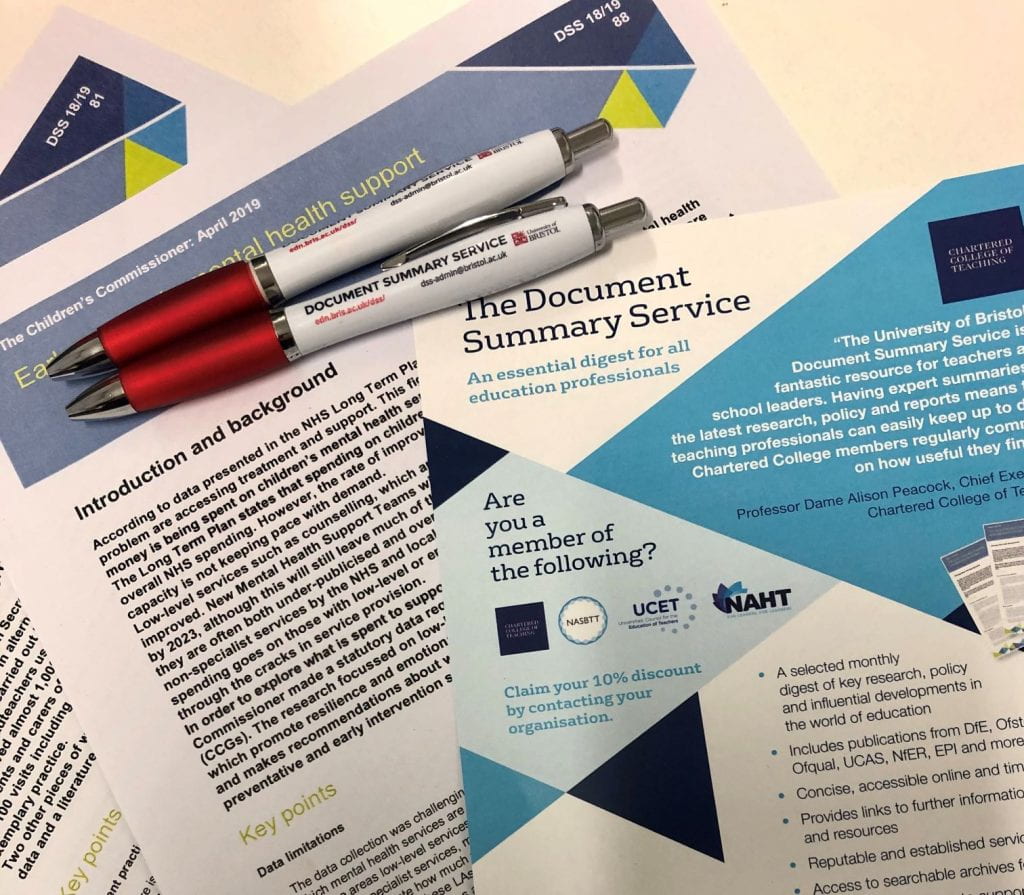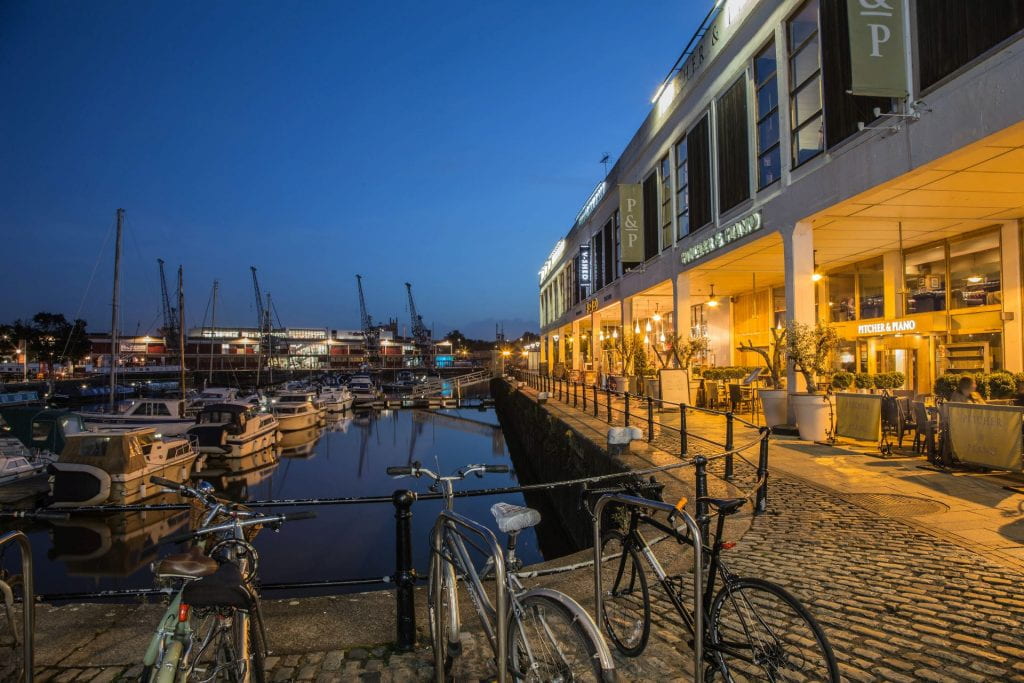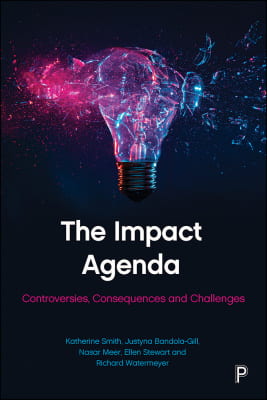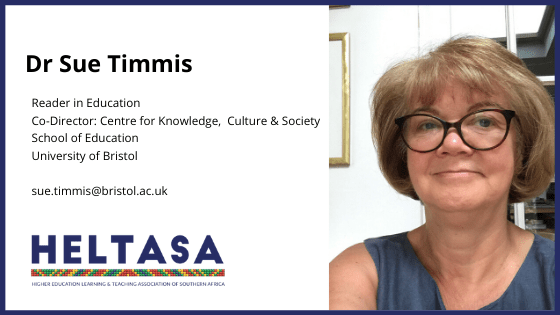 By Dr. Amanda Williams School of Education
By Dr. Amanda Williams School of Education
One of the most exciting things to happen in the academic year is our Year 3 undergraduates submitting their dissertation projects. This past academic year I, along with Dr Will Baker, had the privilege of co-leading the Undergraduate Dissertation Unit. In this role I delivered taught components that guided students through the process of their dissertation while they worked closely with their individual supervisor to complete their independent research project. (more…)









